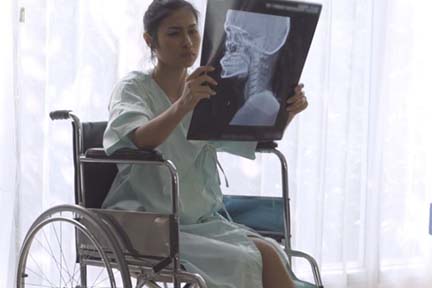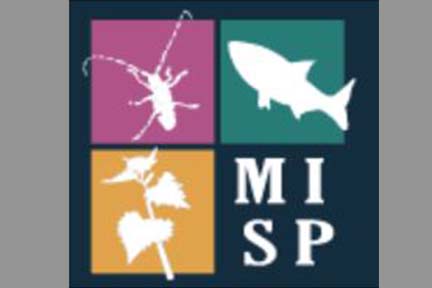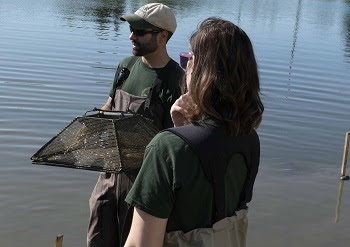
Flags lowered to Honor Fallen Flint Firefighter Ricky Hill Jr.

FOR IMMEDIATE RELEASE March 2, 2023 Contact: [email protected]
Gov. Whitmer Lowers Flags to Honor Fallen Flint Firefighter Ricky Hill Jr.
LANSING, Mich. – Governor Gretchen Whitmer has ordered U.S. and Michigan flags within the State Capitol Complex and across all public buildings and grounds to be lowered to half-staff on Friday, March 3 to honor and remember Flint Firefighter Ricky Hill, Jr., who passed away in the line of duty. The flag lowering will coincide with the date of Hill’s funeral.
“My heart breaks for the Flint community and the family of Ricky Hill Jr.,” said Governor Whitmer. “He was an example of the selflessness and dedication firefighters across Michigan demonstrate each and every day. Let’s honor this fallen hero and keep his family and the entire Flint Fire Department in our thoughts.”
Ricky Hill Jr. graduated in 1991 from Carman-Ainsworth High School and joined the Flint Fire Department in 2007. Hill was a dedicated public servant within the Flint Fire Department, an animal lover and an avid pinball player. He was a member of Corunna Road Baptist Church. Hill was also a devoted husband to his wife and father of two.
The State of Michigan recognizes the duty, honor, and service of fallen Flint Firefighter Ricky Hill, Jr. by lowering flags to half-staff. Michigan residents, businesses, schools, local governments, and other organizations also are encouraged to display the flag at half-staff.
To lower flags to half-staff, flags should be hoisted first to the peak for an instant and then lowered to the half-staff position. The process is reversed before the flag is lowered for the day.
Flags should be returned to full staff on Sunday, March 5 in expectation of other flag honors. |







 The program – cooperatively implemented by the Michigan departments of Agriculture and Rural Development; Environment, Great Lakes, and Energy; and Natural Resources – addresses prevention, detection, eradication and control of aquatic (water-based) and terrestrial (land-based) invasive species in Michigan through four key objectives:
The program – cooperatively implemented by the Michigan departments of Agriculture and Rural Development; Environment, Great Lakes, and Energy; and Natural Resources – addresses prevention, detection, eradication and control of aquatic (water-based) and terrestrial (land-based) invasive species in Michigan through four key objectives:

 In 2014 the state Legislature designated $5 million in annual funding to address invasive species. This support substantially enhanced Michigan’s Invasive Species Program for aquatic organisms, supported a formal program for terrestrial species and initiated the Michigan Invasive Species Grant Program.
In 2014 the state Legislature designated $5 million in annual funding to address invasive species. This support substantially enhanced Michigan’s Invasive Species Program for aquatic organisms, supported a formal program for terrestrial species and initiated the Michigan Invasive Species Grant Program.

